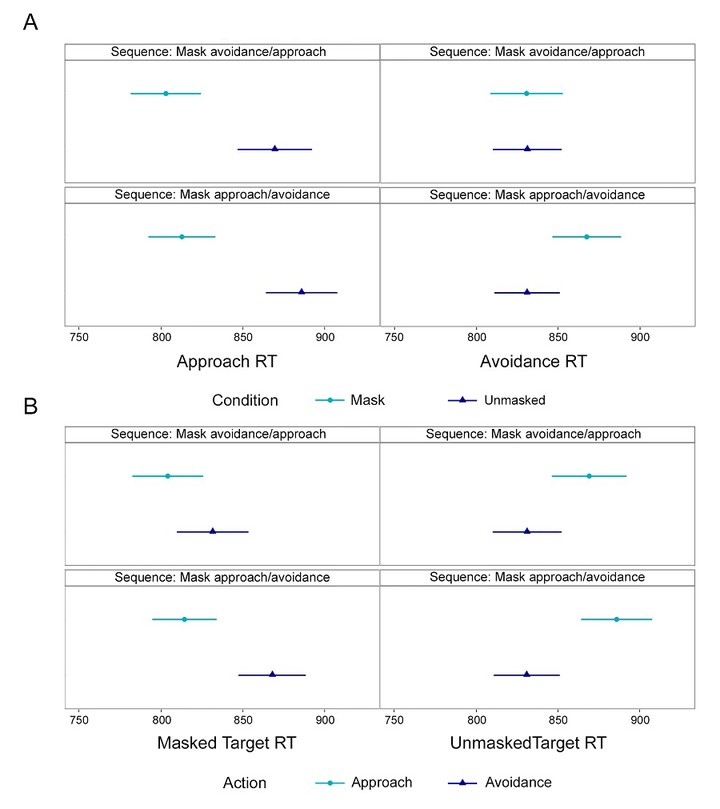In masks we trust: Explicit and implicit reactions to faces wearing medical masks during the COVID-19 pandemic

Abstract
The COVID-19 pandemic caused controversy over new norms of mask-wearing in public places. A previous online experiment showed that people from several Spanish-speaking countries perceived faces wearing medical-style masks as more trustworthy, socially desirable, and likely to be ill, compared to unmasked controls. However, in English-speaking countries masks have been less universally worn, and attitudes to masks may vary by political orientation. We extended the experimental methods with 1241 American and British participants, adding questions on political orientation and including the online-VAAST approach/avoidance task to test the effects of masks on an implicit reaction-time measure. Although the effect of masks on trustworthiness was preserved, a significant interaction with political orientation meant that conservatives found masked faces less trustworthy than did liberals. Participants were quicker to approach masked than unmasked faces, but conservatives were relatively slower than liberals. This congruence between implicit and explicit methods suggests interesting avenues for future research.